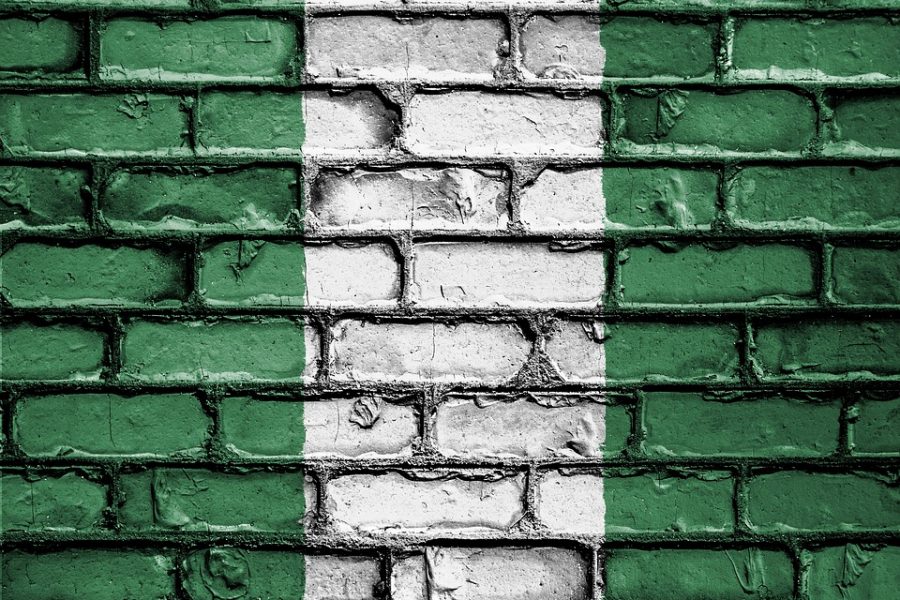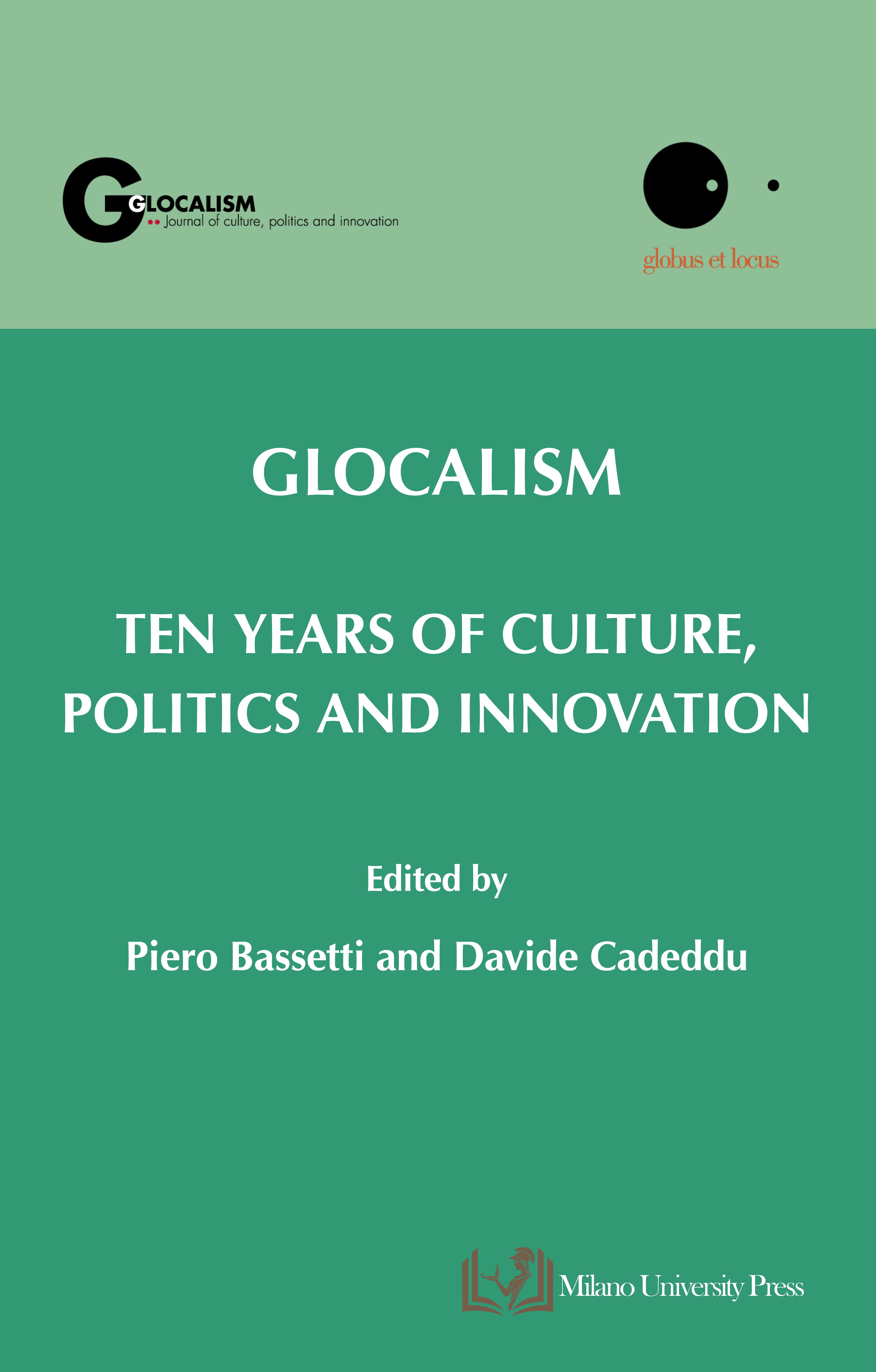Boko Haram and the Nigerian State: a Different Perspective
DOI:
https://doi.org/10.12893/gjcpi.2015.3.5Keywords:
politics, religion, infrastructures, Islam, povertyAbstract
There exist several religions in Nigeria. Many of them are exploited for political gains. As Samuel Huntington has predicted, given the collapse of communism, the main contention and controversy in the world would revolve around religion. The religious tension in present day Nigerian tends to fulfill the logic of the above stated position. This phenomenon has a long history in the country. Within the last couple of decades, Nigeria has witnessed a rise in the numbers of radical Islamic sects notably among them, Maitasine, Darul Islam, and Boko Haram. These sects have resorted to the use of violence in a bid to realizing their ambitions of a wider Islamization of the Nigerian Population. Three of the most prominent perspectives shared on the rise of these radical movements are: poor socio-economic infrastructures and poor governance, poverty as a major catalyst to the rapid increase in the membership of these groups and the increase and aiding of religious extremist by politicians for their selfish ambition. This study reveals that while it is true that socio-economic factors may drive the radicalization and politicization of religious sects in the country, the fear of domination and indeed the fight for supremacy is at the heart of the current insurgency in northeastern Nigeria.
Downloads

Downloads
Published
How to Cite
Issue
Section
License
Copyright (c) 2023 Osaretin Idahosa

This work is licensed under a Creative Commons Attribution-ShareAlike 4.0 International License.











